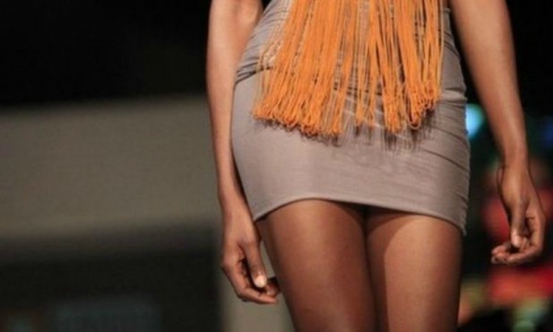×
The Standard e-Paper
Smart Minds Choose Us

My three-and-a-half-year-old chooses her own clothes. She likes tulle. And frills. And skirts that swish. Much to my dismay. My intention was to raise a tomboy because tomboys are tough and no-nonsense. You mess with a tomboy and she’ll punch you in the face. That was my thinking. But like she has done ever since she was conceived, my sassy lil’ miss has her own plans.